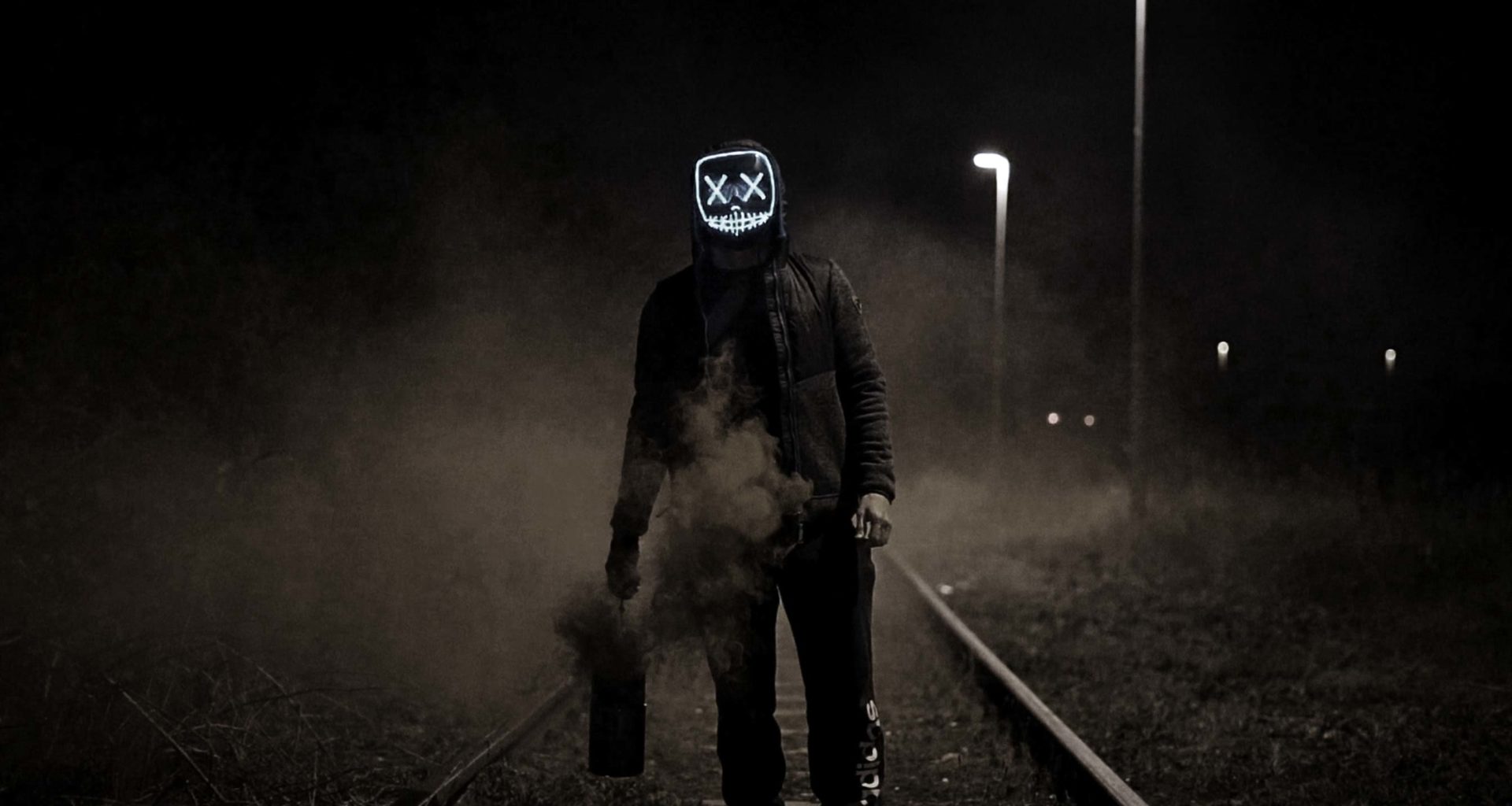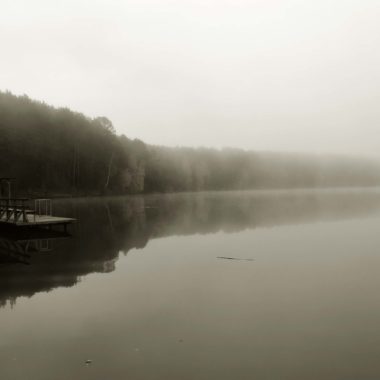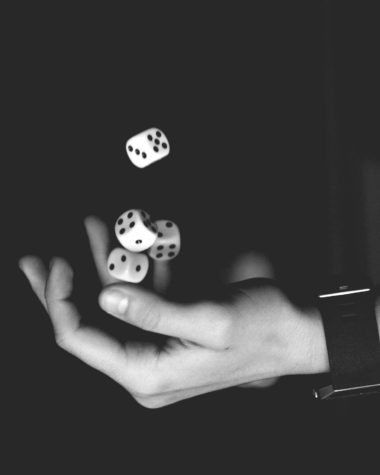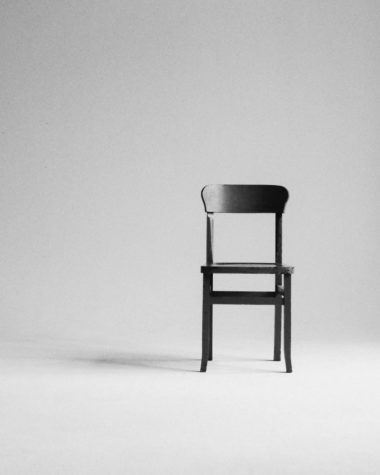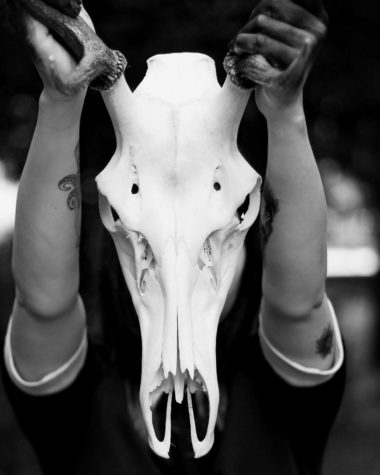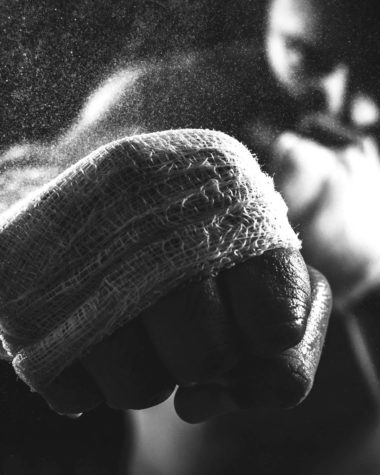TV series Colony (2 seasons done, the third one is coming) shows us a world occupied by alien forces. We know almost nothing about occupiers, but it doesn’t matter for my purpose.
The occupied world is rather typical — brutal enforcers of the new law, confused population, miserable life. Anyone who lived in a totalitarian country (I did) will recognize the patterns.
Commentators point to Nazi occupations during WWII or wars in both Iraq and Afghanistan as reference points to unlock this dystopian world. It is actually funny how things get mixed up — calling the story dystopian and still comparing it to the real events.
I’m not planning to go deeper into the plot, acting or value of this TV saga. I wish only to explore one layer of the story.
The writers of Colony created a rather wise depiction of many forms of resistance against any kind of power. We should not be surprised — the resistance to the ruling powers is the point around which gravitates all inhabitants of the Colony.
There is one very important issue to be solved before we move forward.
I’m not sure what this little essay is about. Is it about a sci-fi TV series or real life? The wars of the 21st century are unreal and the movies are extremely realistic. Journalists depict real military conflicts as if they are spectacular thrillers. Reports from conflict zones read like fiction. At the same time, those who fight use media as good as they operate guns.
The value of mass media was well understood by the first European terrorists of the 19th century. They didn’t just fight. They always tried to create a spectacle. We also know that popular spectacle leads to new deeds. The circle closes.
We live in a world, where it is very hard to see the difference between fiction and reality. The reality is flooded by fake news and fictions created by propaganda departments. And the fiction writers try to achieve the unprecedented level of reality with the help of consultants who know things first-hand.
So why not use a good TV series to create a typology of resistance? Could it be applied to the study of a real-life? Why not? Well, let’s see.
The set-up
Colony is a closed city. You cannot leave it. Life is totally controlled by military and police forces. There are fragments of normality, but this world is organized according to the needs of the Masters. They are not present, but well represented by the ruling elite and armed men.
Citizens should comply with strict rules of conduct. They are watched. They never get explanations. Brainwashing is rather low, as this is not needed for the purposes of Masters.
The larger-than-human force controls this world. Most of the citizens comply and live blindly hoping that one day things will get better. The life of elites is flooded with intrigues and conspiracies. One mistake and you can be discarded.
The citizens live on the edge — they have food but not too much. Most of the symbols of normal Western life are missing (like cars, entertainment industry, even simple things like coffee). These are only available for elites.
A small part of citizens decides to resist. This is typical of both real and fictional occupations — only a small percentage decides to fight back.
Let’s group them into several types based on their engagement.
Type #1: confused citizen
This is the entry-level. In the Colony series, this type is represented by Katie Bowman and her eldest son, Bram. They are decent citizens who have nothing to do with any illegal activities. But instinctively they develop the feeling that the system is wrong, and they have to do something about it.
Their reasons for joining the resistance are thin. For Bram Bowman it is all about the teenage revolt. He listens to illegal radio transmissions and gets into trouble on the first possibility.
His mother’s story is a bit more complicated. She does it ‘for her family’. This is an interesting point.
In the Colony, the idea of the family is a primary driving force for many of its heroes. No mention of nationalism, the most powerful engine of violence in the real world.
So as Colony has no nationalism, the concept of family does the thing. They do it for their kids. So, when the good times finally come, they know that their parents also made something ‘bigger than they are’.
The family is also their main problem when they get in real danger. Suddenly they realize that their feelings for the family are stronger than their wish to fight. They try to step back. Sometimes they succeed, sometimes it is too late.
The feeling of doing something ‘bigger than they are’ is truly intoxicating. Thus, simple people let easily turn them into a cannon-fodder. They go and try to kill although they don’t know how to do it. They volunteer to be suicide bombers without a second thought (that thought usually comes just before they have to push the button).
Type #2: propaganda artist
These young and often rich artists are close to the first type. The only difference is that they know how to use words & images for propaganda purposes.
Colony has a Geronimo line that perfectly represents this type of resistance. Agents search for a great leader of the underground. People follow his messages. But it turns out that a couple of young advertising creatives were behind it. They made posters, they produced radio program and this way inspired even real fighters to use the name. When caught, they brake immediately, similar to those confused citizens.
These young citizens of the Colony stand in a long line of artists who provided their talents for the purpose of the political fight. Like Italian writer Gabriele D’Annunzio, who not only was the first to use the straight hand salute but also invented many elements of Fascist theatre. Or those Russian constructivist artists and writers who developed the agitprop during the first years of Soviet Union.
Type #3: the professional
They are former agents, soldiers or members of special forces. In Colony this type is best represented by Eric Broussard and, with some exceptions, by Will Bowman. Alexander Quayle, a leader of the resistance group during the first season, also adds few important features to this group.
They know how to fight. Very often they know the science of military conflict much better than most of their enemies (that’s why hundreds of ordinary enemy soldiers are killed by them in movies).
The member of special forces doesn’t have any connections to the normal life. No family. No friends. No attachments. No emotions. They are lone wolves. Just instincts, rational mind and good fighting skills. It seems that they fight for one of the sides without a deeper reason. It just happened this way. They are professional fighters, so they fight.
They kill enemies without remorse. They kill their own people if they endanger the mission. They can leave the fight if they see that the victory is not possible (that’s what Alexander Quayle does in the TV series).
It is actually pretty strange that they turn into positive heroes so easily. Why we connect so well with ruthless professionals even if they do very bad stuff from time to time? Eric Broussard is a perfect example. He is a pure, rational fighting machine that never smiles and always wins.
Will Bowman is a different story. He is as good at fighting as Eric Broussard. But he has a family. That’s why he always gets into trouble. On the other hand, we fully comprehend his reasons for resistance. We also love Eric Broussard, but we are never really told why he joined the resistance movement.
Type #4: the fanatic
They appear in the second season of the Colony. This is the underground group The Red Hand and its leader Karen, a simple, middle-aged woman.
They represent the extremist mass movement. If the underground group of the first season, led by Alexander Quayle and Eric Broussard, is small and made of professionals, engaged in complicated missions with some strategic twist, The Red Hand employ huge numbers of intoxicated citizens who are used for violent attacks on a massive scale.
The spectacle is a very important part of everything they do. They have a package of rituals for both brainwashing and stronger visual effect of the attacks (an imprint of bloody palm left at the places of attacks).
They don’t accept compromise (‘if you collaborate, you die’ is their slogan) and use anything to spread violence. In the TV series, we see a poor boy, seduced sexually by a member of a group and then turned into a suicide bomber. They only see black and white. If you are not with them, it means you are against and therefore deserve to die.
Intoxicated members don’t question the operations and are happy to risk their lives without any bigger reason. Basically, everyone is their enemy and they are ok with this fact.
Type #5: the idealist
Those are very close to the first type. I put them at the end just because they form the basis of the 4th type. The fanatic army is composed of confused citizens with an idealistic view of the resistance. If they make a mistake to enter the fanatic army, they are doomed.
Colony has a short story of a young guy who survives the attack of the government forces. He runs away and hides. But he is more afraid of his friends from The Red Hand than the official security agents.
That’s how it goes. Fanatics compose their suicide forces out of the idealists. Usually, idealists are not very deep into ideological matters, but they are well brainwashed and presented with a set of statements that ease their participation in all deadly operations.
This is the saddest type of resistance personnel. They enter the resistance without really understanding the situation. But when they wake up — it is usually too late.
Another example in Colony is a small underground group of the second season, led by young aviation engineer. A company of three technology experts later joined by Eric Broussard and Katie Bowman. Their skills let them perform the most successful resistance operation so far — to capture the alien robot. But very soon they realize that they are trapped without any chance of survival. And yes — they all die.
Fiction versus Reality
Do these types of resistance fighters have examples in real life? I’ve already given a few. The issue is that examples are abundant. And even if we could connect to the heroes of a TV series, things turn nasty when we return to real life.
Yes, we like Will Bowman and Eric Broussard. But do we like Timothy McVeigh, the Oklahoma bomber from 1995? He is a brother of Eric Broussard. The Red Hand group from Colony is clearly modelled on ISIS way of performance (from suicide terrorism to ways of indoctrination). We may find similar groups of terrorists in the past. For example, the Italian Red Brigades.
We use fiction like Colony for our evening entertainment. We are entertained. The science fiction classification blinds us and we refuse to see the connection to history and the news, even if the news we see before switching to Colony makes the heroes of the Colony more realistic.
Maybe Colony just wants us to entertain. Or maybe it wants us to give one more lesson that the resistance to power is meaningless and very dangerous. It doesn’t matter whether the power is human or extraterrestrial. So we stay entertained and don’t try this at home.
>>
Skelbta: Medium, 2018 vasario 27 d.
Nuotrauka iš pexels.com
